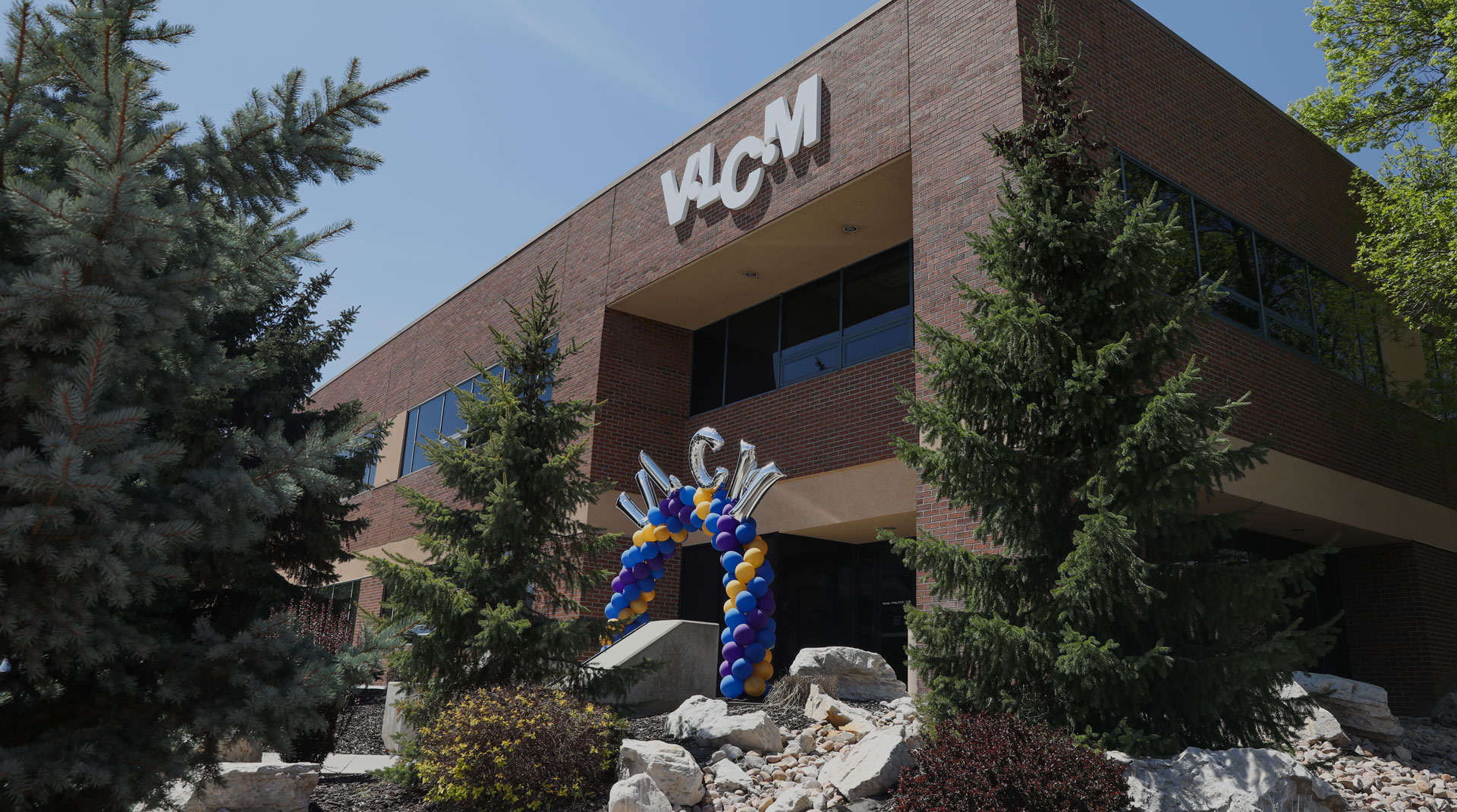
We answer some of the questions most frequently googled about cancer, focusing on cancer screening and testing.
How is cancer screening done?
Screening is what the medical world calls testing for cancer before a patient has any symptoms of the disease—as cancer often takes many years to develop and some kinds don't cause symptoms until well into the course of the disease. Cancers that are found early are more easily treated and more likely to go into remission.
If a patient is considered to have an elevated risk for a certain kind of cancer—whether that's due to family history, their own medical history, or their age—their doctor will recommend tests to be done and how often it should happen. For instance, women over the age of 50 should have mammograms every two years because age is a risk factor for breast cancer. Similarly, people older than 50 should be screened for colorectal cancer on a schedule determined by their doctor.
The test done is based on the kind of cancer being tested for. Not all kinds of cancer have a regular test recommended for them—either because there is no test or because the test hasn't been proven to be helpful when regularly done.
Can cancer be detected in blood tests?
According to the Mayo Clinic, "If it's suspected that you have cancer, your doctor may order certain cancer blood tests or other laboratory tests, such as an analysis of your urine or a biopsy of a suspicious area, to help guide the diagnosis." They continue, "With the exception of blood cancers, blood tests generally can't absolutely tell whether you have cancer or some other noncancerous condition, but they can give your doctor clues about what's going on inside your body."
Blood tests are usually used to look for signs of cancer, like cancer cells or chemicals made by cancer cells. They can also be used to evaluate the health of a patient's organs.
Blood tests are commonly used as one of several tests for blood cancers, multiple myeloma, prostate cancer, ovarian cancer, thyroid cancer, liver cancer, and testicular cancer. It is rarely used alone to diagnose cancer. Usually other tests are needed—particularly a biopsy.
The only routine blood test which could detect cancer without a doctor ordering special tests is called a complete blood count and could show signs of blood cancers. The rest of the blood tests which could help a doctor evaluate whether a patient might have cancer would have to be specially ordered by a physician who suspected that cancer may be a possibility.
Early in 2018, researchers at Johns Hopkins University published a study in which they showed that a new blood test they've developed could help diagnose 8 cancers: breast, lung, colorectal, ovarian, liver, stomach, pancreatic, and esophageal cancers. The latter five of those cancers don't have any single routine screening in the way that breast cancer is routinely screened for via mammograms.
More studies of the method are needed before it could be used in hospitals.
Can cancer be detected in urine?
A urine test can be used as one way of evaluating whether a patient might have bladder cancer but, again, it would likely not be used as the only method of diagnosis and isn't even recommended for regular testing because it may be inaccurate or give an incomplete picture.
Will cancer show up on an MRI?
Yes, it often will. MRI is considered one of the best ways to visualize some kinds of tumors—especially brain and breast cancers. Doctors can even sometimes use the pictures generated to differentiate between cancerous and non-cancerous tumors.
Will cancer show on ultrasound?
Yes, tumors can often be seen using ultrasound—particularly in some parts of the body where x-ray doesn't work well (x-ray works best to visualize bone, not soft tissues like organs). However, it's less detailed than other scans like MRIs and it can be difficult or impossible to tell whether a tumor is cancerous from ultrasound alone.
What cancer does a smear test detect?
Cervical cancer is the only kind of cancer that can be reliably tested for in this way. Only very rarely can ovarian cancer be detected via pap smear.

 0 Comments
0 Comments
